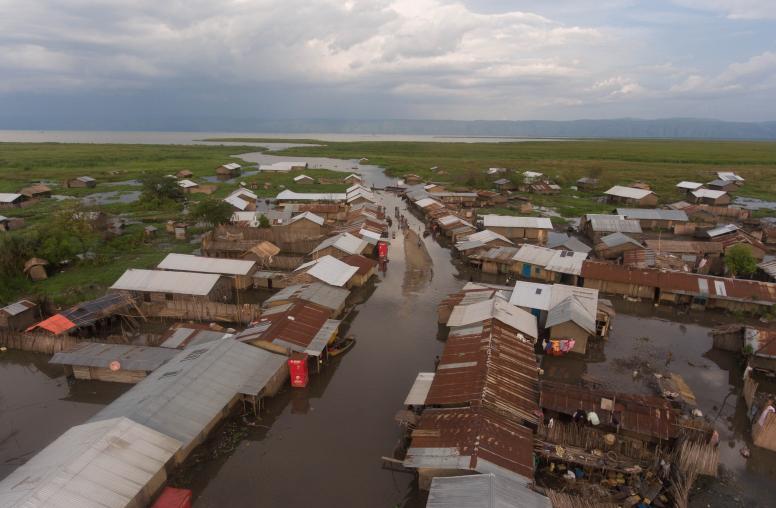The United States’ Efforts to Combat the Lord's Resistance Army
Assistant Secretary Johnnie Carson described the ongoing U.S. efforts to support regional partners in mitigating and eliminating the threat posed by the LRA, including the recent decision to deploy U.S. military advisers to work with regional militaries. He also discussed new opportunities and continuing challenges for this regional effort.
The United States is actively working with partners in Central Africa to end the horrific atrocities and senseless violence of the Lord’s Resistance Army (LRA). Consistent with the bipartisan legislation passed by Congress in 2010, the U.S. is pursuing a strategy that seeks to incorporate the lessons of history and take a comprehensive, multifaceted approach. With U.S. support, regional governments have made significant gains in combating the LRA over recent years. Ultimate success, however, will depend on a number of critical factors.
Assistant Secretary Johnnie Carson described the ongoing U.S. efforts to support regional partners in mitigating and eliminating the threat posed by the LRA, including the recent decision to deploy U.S. military advisers to work with regional militaries. He also discused new opportunities and continuing challenges for this regional effort.
Speakers
- Johnnie Carson, Featured Speaker
Assistant Secretary of State, U.S. Bureau for African Affairs - Ambassador William M. Bellamy
Director, Africa Center for Strategic Studies - Michael Poffenberger
Co-founder & Executive Director, Resolve - Ambassador George E. Moose, Welcoming Remarks
Vice Chairman of the Board of Directors, U.S. Institute of Peace - Raymond Gilpin, Moderator
Director, Sustainable Economies, U.S. Institute of Peace



